Stanford scholars and researchers lend their expertise to tackling the COVID-19 crisis
More than 1 million people worldwide have been diagnosed with COVID-19, and the numbers keep steadily rising.
The COVID-19 pandemic is an unprecedented worldwide crisis. In the United States alone, within a few short weeks, virtually all aspects of people’s lives have changed through broad shelter-in-place orders, massive layoffs and the sudden need to balance work and family responsibilities in new ways – all while many thousands of people worldwide continue to fall ill.
From addressing immediate medical challenges to considering the wider societal, economic and legal implications of the crisis, Stanford is applying its interdisciplinary expertise in the hopes of ensuring an equitable recovery for all people and offering solutions that can be scaled to benefit the world.
Below is a sampling of the ongoing work and perspectives.
Stanford Medicine leadership offers updates, assurances on COVID-19
Leaders of the Stanford School of Medicine, Stanford Health Care and Stanford Children’s Health answered questions about COVID-19 and discussed how Stanford Medicine is addressing the outbreak.


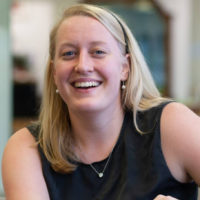
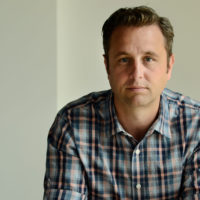




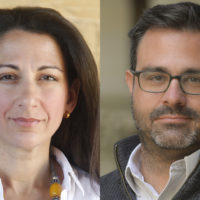





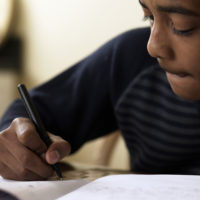
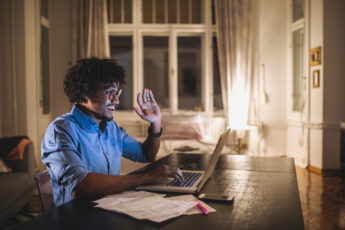



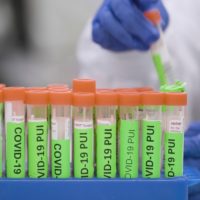


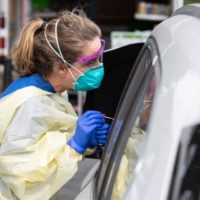













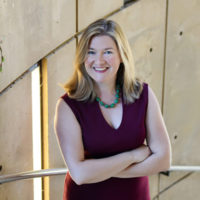







Social context of COVID-19
The challenges posed by COVID-19 go beyond those related to health and medicine. As the pandemic subsides, a changed world will emerge that requires study and consideration. Nations worldwide will have to work to ensure that the recovery is equitable for all and that humanity is better prepared to act the next time a pandemic occurs.